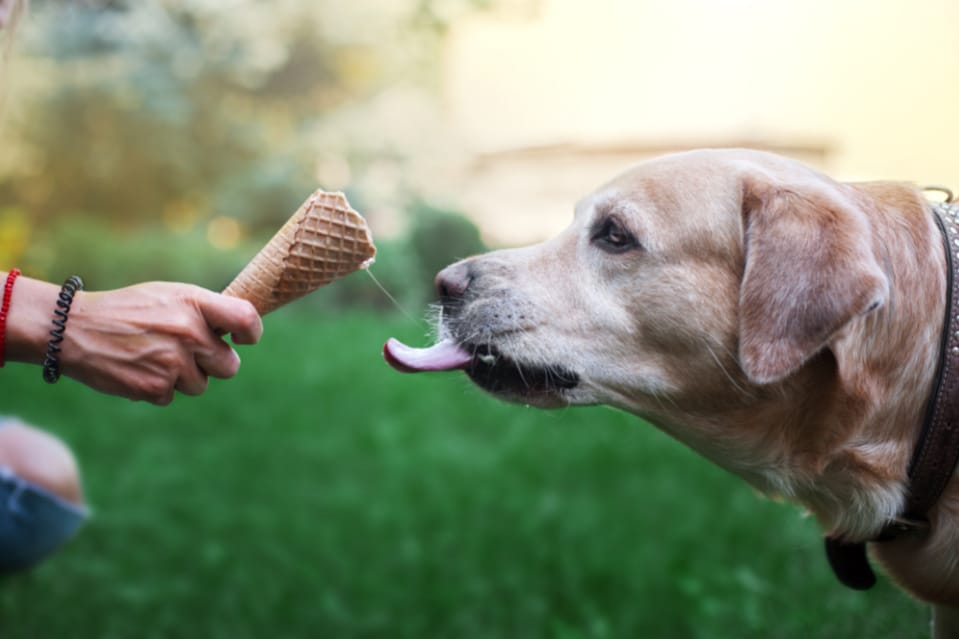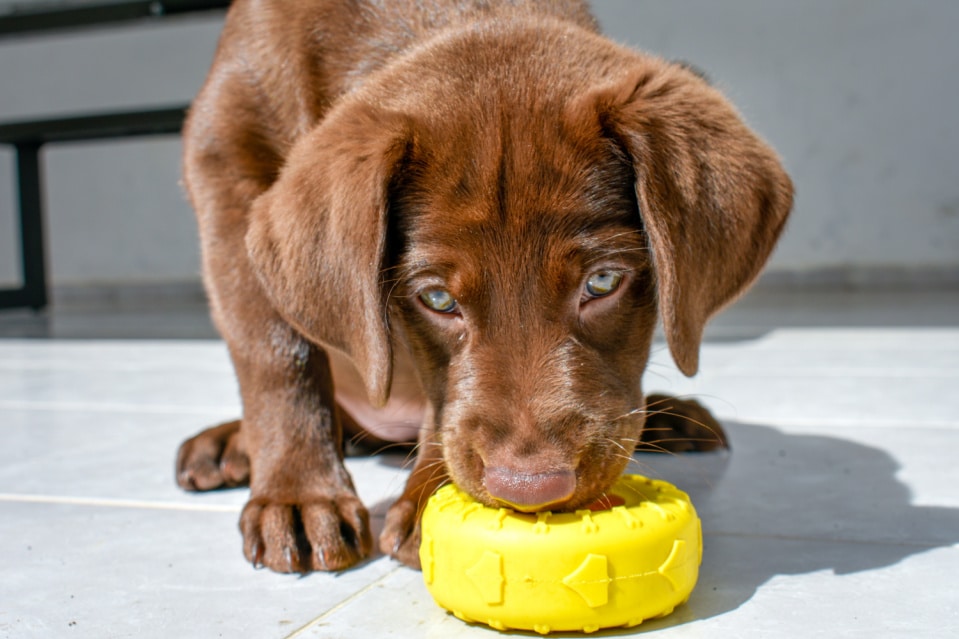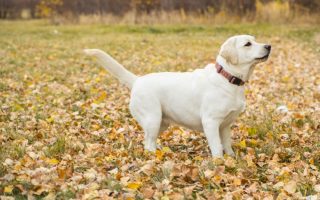If you’re struggling with your Labradors Overeat and the weight then you should definitely read this article.

Labs are an extraordinary and beautiful breed that brings joy to many owners and changes their lives forever. But there has been a common point between Lab owners that raised a few questions in the dog community. Especially about their diet and estimated weight. Turns out, most people started noticing that their Labradors constantly overeat and has put on some weight. Concerning owners to wondering why this happens and how they can help their little ones.
Labradors Overeat gives a little tension to their owners but no need to worry anymore. Read the blog and understand the guide you need to know about it.
There’s a scientific reason for this, along with general recommendations made by vets that can help owners. Take care of their Labs without disregarding their physical needs and the importance of keeping them at a healthy weight.
Below you can find useful information about this topic. How you can begin making a change in your dog’s life to maintain them healthy and happy.
Why Does My Lab Eat So Much?
As explained above, Overeat tendency in Labradors is not just an isolated case in the Labrador-owner community. In fact, according to a survey of veterinarians, published by the Association for Pet Obesity Prevention, around 60% of Labs they see are obese. This leads to a “common relief” feeling that what might be happening to your dog is not just its own issue. But rather a collective characteristic among other Labs as well. Which doesn’t mean that it shouldn’t be looked at and treated properly.
Cambridge University recently published a report, after conducting a study on 310 pet and assistance dog Labradors. That resulted in an unexpected gene variant responsible for this topic. Researchers found that a variant of one gene, in particular, known as POMC, was strongly associated with weight. Obesity and appetite in Labradors and flat coat retrievers. In both breeds, for each copy of the gene carried, the dog was on average 1.9kg heavier. An effect size is particularly notable given the extent to which owners. Rather than the dogs themselves, control the amount of food and exercise their dogs receive.
It is not that your Lab is “always hungry and won’t feel full with anything” because it wants to or because it is feeling bored, but rather a genetic condition that makes them feel this way. There’s no need to panic or start making drastic changes to your dog’s diet that might end up complicating things more, although this matter should addressed as soon as possible and with the help of professionals. Below you can find useful tips to help you deal with this topic smoothly and without compromising your Lab’s health.
Talk To The Vet First
Before taking any further action regarding your Lab’s dietary intake you should take it to the vet for a consultation. Labs are massive street-food eaters —and not the delicious food-truck-style one but more like side-of-the-street-appetizer— and before cutting down on anything or replacing their food with other ingredients it is important to take a look at your dog’s health to ensure no important nutrient is missing, and that it doesn’t be suffering from digestion issues.
Regardless of your dog’s breed, this step is fundamental to ensure only the best for your puppy.
Say Good-Bye To Snacks
If your Lab gained weight, the next step after taking it to the vet should be cutting down on snacks. Like humans, dogs can also put on some pounds by eating many snacks a day apart from their important meals.
This is not a one-day process thus your Lab has to adapt to the new “policy”, but it will eventually accommodate and become adjusted with its regular meal number.
Add Fiber Treats
Labs can feel fuller for longer periods if their owners engage them in a fiber-rich diet, with minimal preservatives and other additives that tend to increase your dog’s weight. Things like adding a few tablespoons of canned pumpkin to their food, mixed together, can start making a difference in your Lab’s health and stomach.
Be Careful Where You Leave Food
This is more a mental exercise that might trigger your dog’s desire to eat, in which if you leave food at their eye level or allow them in the kitchen with you while you cook, it will be very hard for them to resist temptation. Therefore creating a “diet zone” where nothing delicious can meet their sight is highly advisable.
Invest In A Slow-Feeding Bowl
Puzzle-type balls are a great option to start training your dog to eat slowly and prevent stomach issues. These attractive and colorful trays with different small bowls stimulate their brain, which they need constantly, and give them the same rush as if they were eating what they hunt (due to their retriever background that has been a breed trained to find food) but slowing down to stop them from suffering indigestion.
The Bottom Line
Now that you know that the reason why your Lab is putting on weight and won’t stop eating everything is because of a mutation in their genes, you can approach things differently and with another perspective. Being overweight can cause severe health issues for your dogs such as high blood pressure, heart disease, hypertension, diabetes, and many other health threats.







